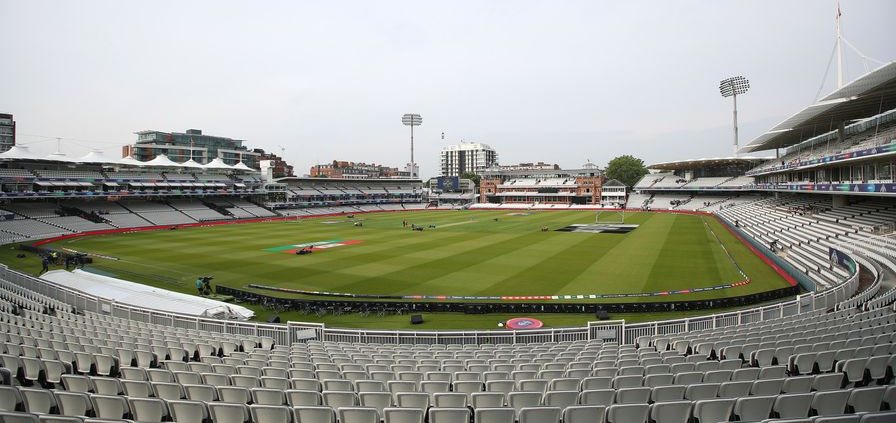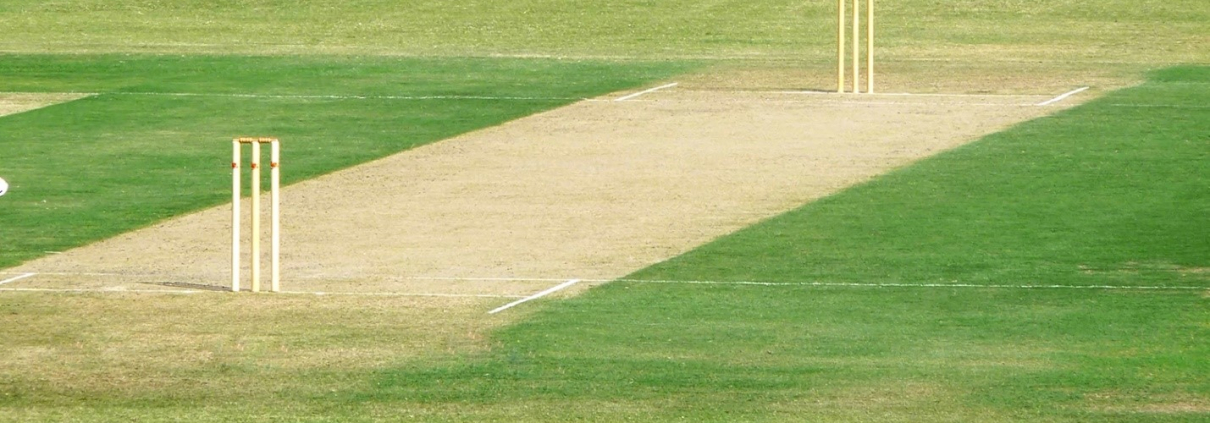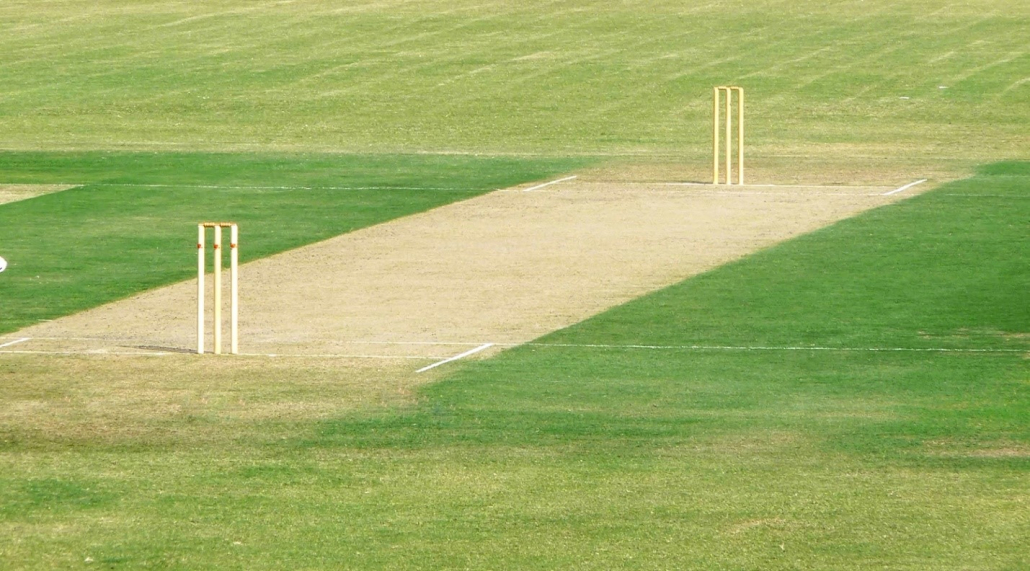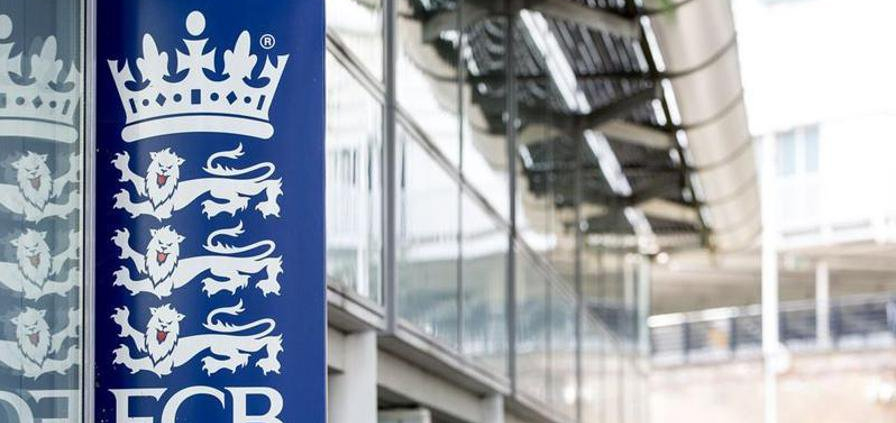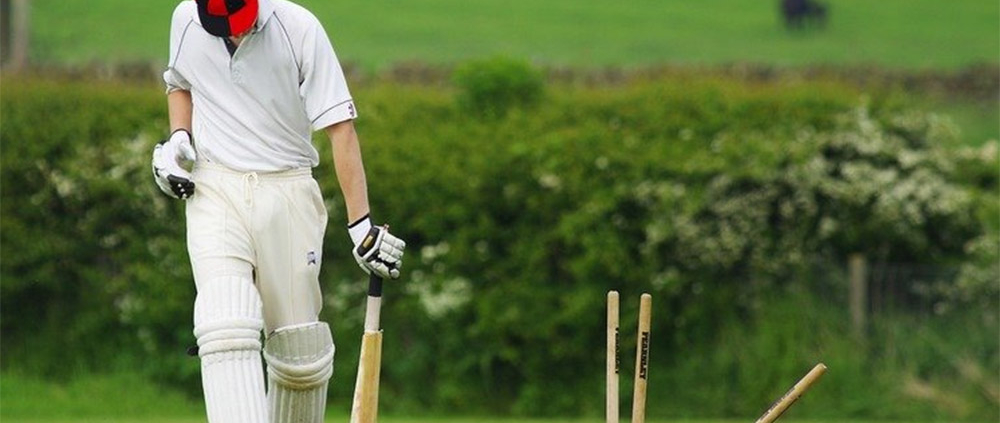ECB unveils interim support package
ECB unveils interim support package: The England and Wales Cricket Board (ECB) today announced a £61 million package to help cricket withstand the financial impact of COVID-19.
The plans detail a number of measures for the whole sport from elite to grassroots, including the MCC, the First-Class Counties (FCCs) and their County Cricket Boards (CCBs).

ECB unveils interim support package
Local cricket clubs will also be offered support to see them through the coming months.
In accordance with Government advice the start of the cricket season has been delayed until at least 28 May. A range of options for cricket to begin in June, July or August are currently being modelled.
With revenues impacted across the game – from both cricket and non-cricket activities, the ECB Board today approved plans to expedite payments from a number of areas within its 2020-2021 planned distribution budgets.
Around £40m will be made immediately available through:
- Early release of three months’ (May-July) county partnership distributions to FCCs and CCBs
- The immediate availability of two years’ facilities maintenance distribution
– Funds available unfettered and not restricted to facilities maintenance expenditure
– A further £5.5m to be made available for counties who are not eligible for 2020-2021 ordinary facilities maintenance distributions - Suspension of international staging fees for four months and waiving of international staging fees payable in 2020 if the match is not played as scheduled due to COVID-19
An extra budget of just over £20m will become available to the recreational game through a cricket club support loan scheme, grants through the “Return to Cricket” scheme and a 12-month holiday on loan repayments for recreational clubs.
For the latest industry news visit turfmatters.co.uk/news
Get all of the big headlines, pictures, opinions and videos on stories that matter to you.
Follow us on Twitter and Instagram for fun, fresh and engaging content.
You can also find us on Facebook for more of your must-see news, features, videos and pictures from Turf Matters.


